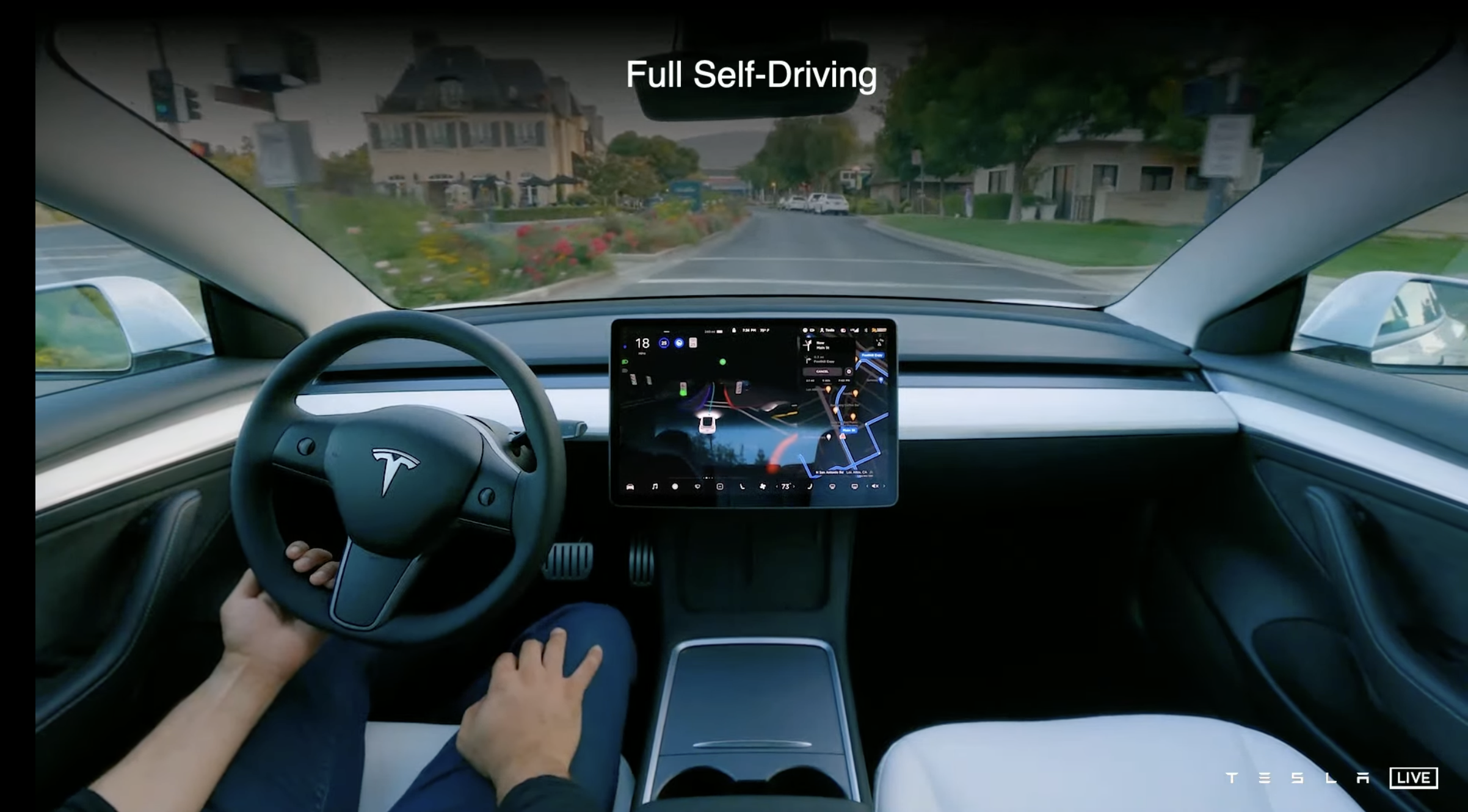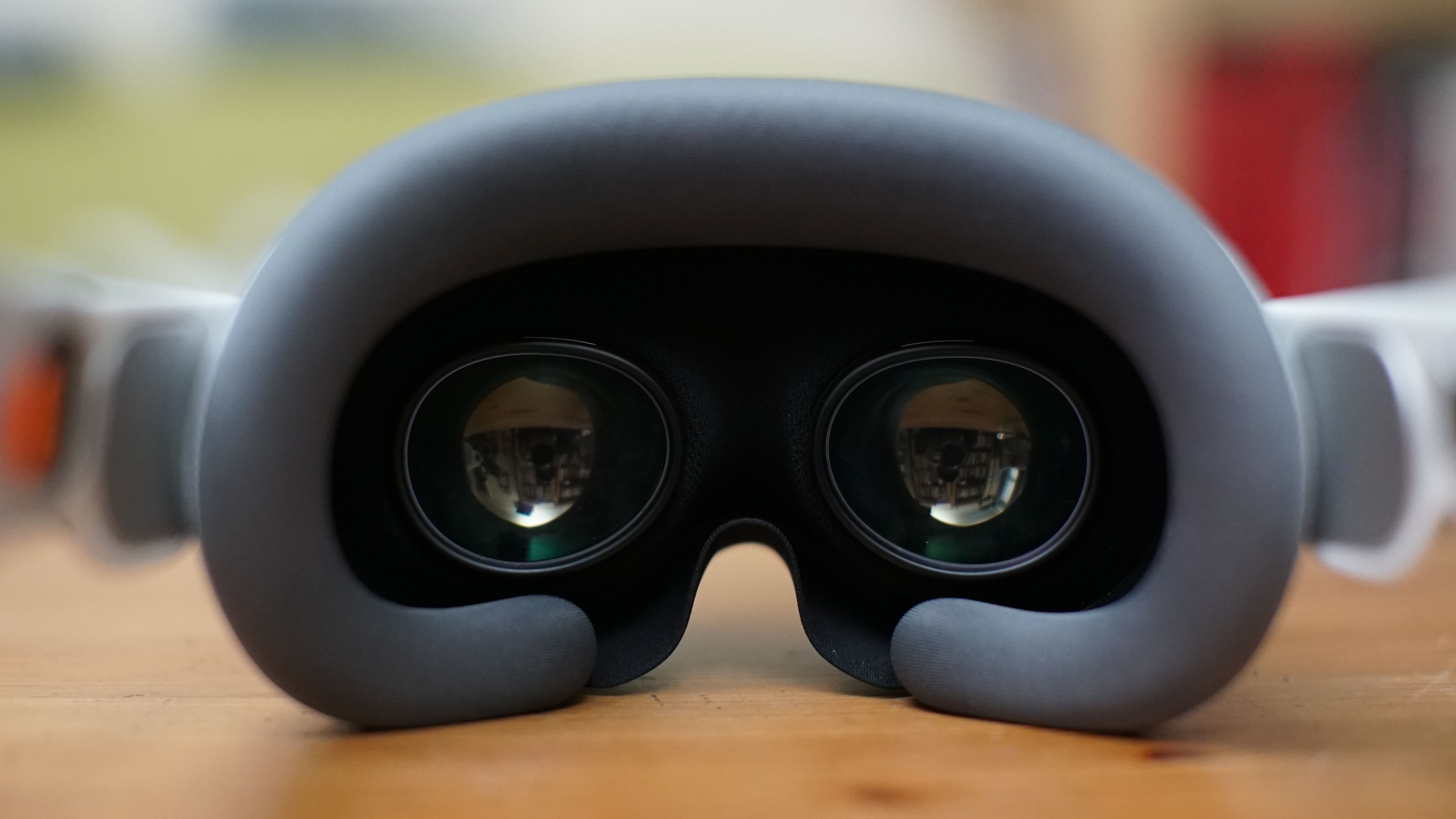Poor people need not apply for this dating app
Welcome to Startups Weekly — your weekly recap of everything you can’t miss from the world of startups. Sign up here to get it in your inbox every Friday.
I’m having one of those weeks where I’m just constantly, very slowly shaking my head at people. As I sat down to read all the stories on TechCrunch and write the Startups Weekly newsletter, well, things didn’t get better.
Just when you thought the dating scene couldn’t get any more exclusive, along comes Score, the app that says, “Love is in the air . . . but only if you’ve got the credit score to breathe it.” That’s right, folks, in a world where swiping right could mean finding your soul mate or the next person to ghost you, Score ensures that at least they won’t be ghosting you due to your bad credit. Launched by a financial platform (of course — this smells like a marketing stunt), this app is for those who’ve managed to navigate the treacherous waters of adulting with a half-decent credit. Because nothing says true love like a solid financial report, right? But wait, there’s a twist! The app is not just exclusive — it’s temporary. For those who don’t make the cut? Well, they’re sent off to financial literacy boot camp, because nothing heals a bruised ego like being told you’re not financially savvy enough for love.
America, ladies and gentlemen.
Anyway. Elsewhere in the land of unicorns . . .
Most interesting startup stories this week

Image Credits: Tesla
In the latest episode of “How Not to Win Friends and Influence Government Agencies,” the Dawn Project, a safety advocacy group that’s been on Tesla’s case for a while, decided to spice up their Super Bowl ad with an ad that was essentially a call to arms against Tesla’s Full Self-Driving software. It was meant to be a mic drop. Instead, it turned into a facepalm moment when the National Transportation Safety Board (NTSB) was like, “Um, excuse me, we didn’t sign up for this.” The NTSB is known for many a thing — appearances in Super Bowl ads ain’t it, and the org was quick to issue a “take our seal off your homework” order to the Dawn Project. They pointed out that the Dawn Project did not have permission to use the seal, and its inclusion falsely implied the NTSB’s endorsement of the campaign. Dramaaaaaaaa.
Oh, but there was plenty more drama where that came from:
Some smoke, some mirrors: Boston Dynamics’s secret sauce is a blend of advanced robotics and marketing genius, served with a side of “don’t try this at home” warnings. But beware, not all that glitters in robot videos is gold: Many robot demo videos are bending the truth to varying degrees.
Everything is fine, AI promise: In the latest episode of “AI’s Musical Chairs,” Andrej Karpathy, the AI maestro who was one of the founding members of OpenAI, has once again exited the company. No, it’s not a dramatic soap opera twist or a covert AI uprising; Karpathy insists it’s all smooth sailing, devoid of drama or clandestine plots.
Shut your piehole, AI: The Federal Communications Commission (FCC) has officially declared AI-voiced robocalls as the latest public enemy, branding them illegal. If you were looking forward to a personal, albeit fake, call from a presidential candidate or two, you might want to adjust your expectations. The FCC’s message is clear: AI voice clones, you’re officially on the naughty list.
Most interesting fundraises this week

Image Credits: Derek Berwin / Getty Images
In a twist that’s got the venture capital world buzzing, Foundry Group, the Boulder-based VC firm known for backing hits like Fitbit and Zynga, is hanging up its investment top hat. After 18 years and nearly $3.5 billion under management, Foundry has decided its latest $500 million fund, Foundry 2022, will be its swan song. Foundry still plans to lead Series A and B financings with the remaining third of its last fund, but the decision to not raise more funds raises eyebrows and questions about the future for its portfolio companies.
This move follows a similar unexpected announcement from Boston-based OpenView at the tail end of last year. Two closures don’t mark a trend, of course, but I’ll bet you billions of dollars to millions of donuts that the TechCrunch team will keep a veeeeeery close eye on this one.
Big raise for banking small companies: Finom, a European challenger bank tailored for SMEs and freelancers, has successfully secured $54 million in a Series B funding round. This funding round underscores the growing demand for specialized financial services for SMEs.
Lettuce raise some more money: Indoor farming, once the darling of the startup world with a $3 billion investment influx from 2012 to 2022, is facing a harsh reality check. Companies like AppHarvest and Fifth Season have hit bankruptcy, while others like Iron Ox have been forced into layoffs and valuation cuts. Despite these challenges, Hippo Harvest emerges as a beacon of hope, securing $21 million in Series B funding.
Well done — have a cookie: SocialCrowd, a performance management startup, has successfully raised $1.6 million in a pre-seed funding round led by Bread & Butter Ventures. Founded in 2020, SocialCrowd offers a SaaS platform akin to a “Fitbit for work,” enabling companies to set and reward employee goals.
This week’s big trend: Hardware

Image Credits: Cory Green/Yahoo
Okay, fine, so perhaps I’m a little bit biased — in the past week I’ve changed gears a little, and I’m going to start writing about hardware a bit more again (here’s what I cover and how to pitch me). The hardware desk is hella punching above its weight, especially this past week — there’s a lot of things happening in the business of atoms.
The industrial robotics sector, after enjoying a surge in orders during the pandemic, experienced a significant downturn in 2023, with orders dropping by nearly one-third, according to the Association for Advancing Automation (A3). This 30% decrease underscores a cooling period for what was once a booming industry, although the decline was not entirely unexpected given the record sales in the preceding years.
More hardware startup nuggets:
Technically, all phones are foldable: And now, Apple is rumored to want to make ones that work after you fold them. As opposed to the last time that was happening. We’ve been asking for folding iPhones for a while, come to think of it.
Dry powder for the big guns: Despite the controversial nature of firearms, Biofire has managed to attract institutional VC backing, raising a $7 million round from notable investors. This funding achievement highlights a shift in the venture capital landscape, where deep tech and defense tech startups are increasingly gaining attention.
Open this app with your face: Brian has been doing an extraordinary job covering all things Apple Vision Pro. This week, he breaks down his favorite apps (so far).
Other unmissable TechCrunch stories . . .
Every week, there’s always a few stories I want to share with you that somehow don’t fit into the categories above. It’d be a shame if you missed ’em, so here’s a random grab bag of goodies for ya:
Dirty money, those cleaning fees: Airbnb’s recent earnings report reveals a significant shift toward more transparent pricing, with nearly 300,000 listings eliminating or reducing cleaning fees. This move, affecting almost 40% of active listings, addresses long-standing customer grievances regarding unexpected costs at checkout.
Notion, but secret-er: Notion recently expanded its suite with a privacy-centric acquisition, purchasing Skiff, a platform known for its end-to-end encrypted file storage, documents, calendar events, and email services.
Mozilla hits the brakes: Mozilla, the organization renowned for its Firefox browser, is undergoing significant strategic shifts. The company plans to reduce its investment in several products, resulting in layoffs impacting around 60 employees.
Put down the LSD, AI: Oh, the wonders of modern technology, where Google’s Gemini chatbot, once known as Bard, and Microsoft’s Copilot are now apparently time travelers. Ahead of the 2024 Super Bowl, the bots had stats and results, before the game had even started. Whoops.
Burning rubber. And more: A Waymo robotaxi found itself the target of a fiery attack in San Francisco. The incident saw a crowd turn their boredom or perhaps technophobia into an act of vandalism that ended with the autonomous vehicle in flames. To its credit, it didn’t try to defend itself, so I guess there’s that.
